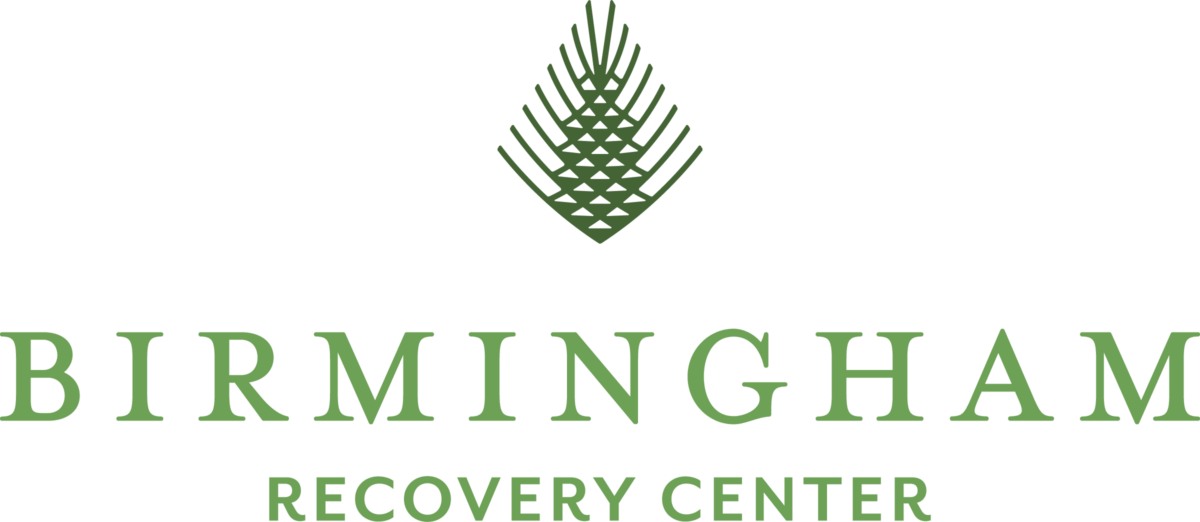Alcoholism is an issue that can affect people in many different ways. While it may be common knowledge that drinking too much alcohol can lead to issues, there are actually several types of alcoholism, and the effects they can have on the individual vary greatly.
Dive into these different variants of alcoholism and explore why each one could potentially be problematic for those suffering from them. In this post, we’ll understand how each type affects both mental as well as physical health, with a focus on seeking professional help if needed. By understanding the various forms of alcoholism more thoroughly, you will better recognize signs that someone you know might need assistance before things further spiral out of control.
What Is Alcoholism?
Alcoholism is a life-threatening condition that occurs when an individual has difficulty controlling their drinking patterns due to the physical and psychological changes it causes. When someone becomes addicted to alcohol, they will often develop both physical and mental dependence on the substance, leading them to drink more than they should. This can lead to serious health complications or even lethal consequences if left untreated.
Types of Alcoholism
Based on research found by the National Institute on Alcohol Abuse and Alcoholism (NIAAA), there are five main subtypes of alcoholism that classify most alcohol dependency cases.
Young Adult Type
The Young Adult subtype commonly affects people between 18 to 29 years old or those who typically begin drinking at an early age, eventually developing an alcohol dependence by early adulthood. This group of individuals typically drinks less frequently than the other subtypes, but they are more prone to binge drinking when they do. They’re typically found to have low rates of co-occurring substance abuse or mental health disorders and an unlikely family history of alcoholism, but they are more likely to avoid seeking help for their alcoholism.
Young Antisocial Type
This type of alcoholism is the most common, affecting people as early as 15 years old up until their mid-twenties. People of this type usually start binge drinking at an earlier age than other alcoholics and typically have a family history of alcoholism or mental health issues. People in this subtype are often found to consume larger amounts of alcohol more frequently than the other types, leading to severe physical as well as psychological consequences. They’re also more likely to have a problem with co-occurring substance abuse or mental health disorders that may need treatment alongside their alcoholism.
Functional Type
The Functional type includes individuals who are typically middle-aged and have higher levels of education and income than the other subtypes. They usually start drinking later into their teens or in early adulthood and develop alcohol dependence as they near 40 years old.
People in this group are able to manage their work and social lives despite their use of alcohol. These people have developed an alcoholism tolerance and will usually consume large amounts of alcohol throughout the day without showing any obvious signs of intoxication. However, this does not mean that they are not suffering from alcoholism; rather, it is easy for them to go unnoticed as their alcoholism progresses.
Intermediate Familial Type
The Intermediate Familial type affects people between the ages of 30 to 59 years old and typically includes individuals who have a family history of alcoholism. People of this type are usually found to drink in excess and may be more prone to developing mental health issues when compared to the other subtypes. They typically do not receive help for alcoholism until it becomes too serious late in their lives due to the lack of recognition of alcoholism symptoms. However, some that do seek treatment typically benefit from detox programs, self-help groups, private care, and/or special addiction treatment programs.
Chronic Severe Type
Finally, the Chronic Severe subtype is characterized by long-term alcohol abuse that leads to significant physical health problems and impaired functioning at work and home. The Chronic Severe subtype affects people who usually begin drinking at an early age and then eventually become so dependent on alcohol that they have difficulty functioning without it. They often have high rates of co-occurring substance abuse or mental health disorders and display severe physical symptoms due to their alcoholism. This subtype of alcoholism is usually seen in individuals aged 40 years or older who had onset alcoholism at an early age, as well as a persisting family history of alcoholism.
Chronic Severe alcoholics require immediate medical attention for alcoholism and close monitoring of their health. Treatment typically consists of detoxification followed by a comprehensive alcoholism rehabilitation program, including support groups, individual counseling, family therapy, and medication management where necessary. In many cases, chronic alcoholism can be successfully managed with a combination of treatments tailored to the individual’s needs.
Recognizing Alcoholism
These five types of alcoholism are just a few of the ways alcoholism can be classified, but they can help provide insight into how people respond to alcoholism and what type of treatment may be necessary for recovery. It is important to remember that alcoholism is a serious disease and should not be taken lightly. If you or someone you know is struggling with alcoholism, it is essential to seek help from a qualified healthcare professional as soon as possible. With the right treatment plan and support system, alcoholism does not have to be a life sentence.
Professional Alcohol Addiction Treatment in Birmingham, AL
With proper treatment and medical care, alcoholism recovery is achievable for those suffering from any subtype or stage of alcoholism.
Birmingham Recovery Center offers a full continuum of care for alcoholism, including detoxification and medical stabilization, intensive outpatient programs (IOP), and aftercare services. Our team of addiction specialists is dedicated to providing compassionate care tailored to the specific needs of each individual patient. We provide evidence-based therapies such as cognitive-behavioral therapy, motivational interviewing, trauma-informed interventions, experiential therapy, and family systems therapy that are customized to each individual’s unique situation.
If you or someone you love is struggling with alcoholism in Birmingham, AL, contact Birmingham Recovery Center today for more information on our comprehensive alcohol addiction treatment services.

